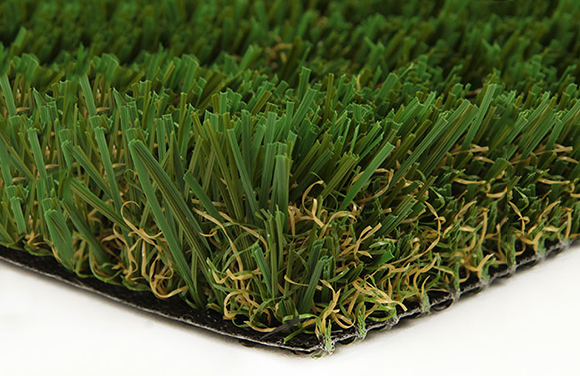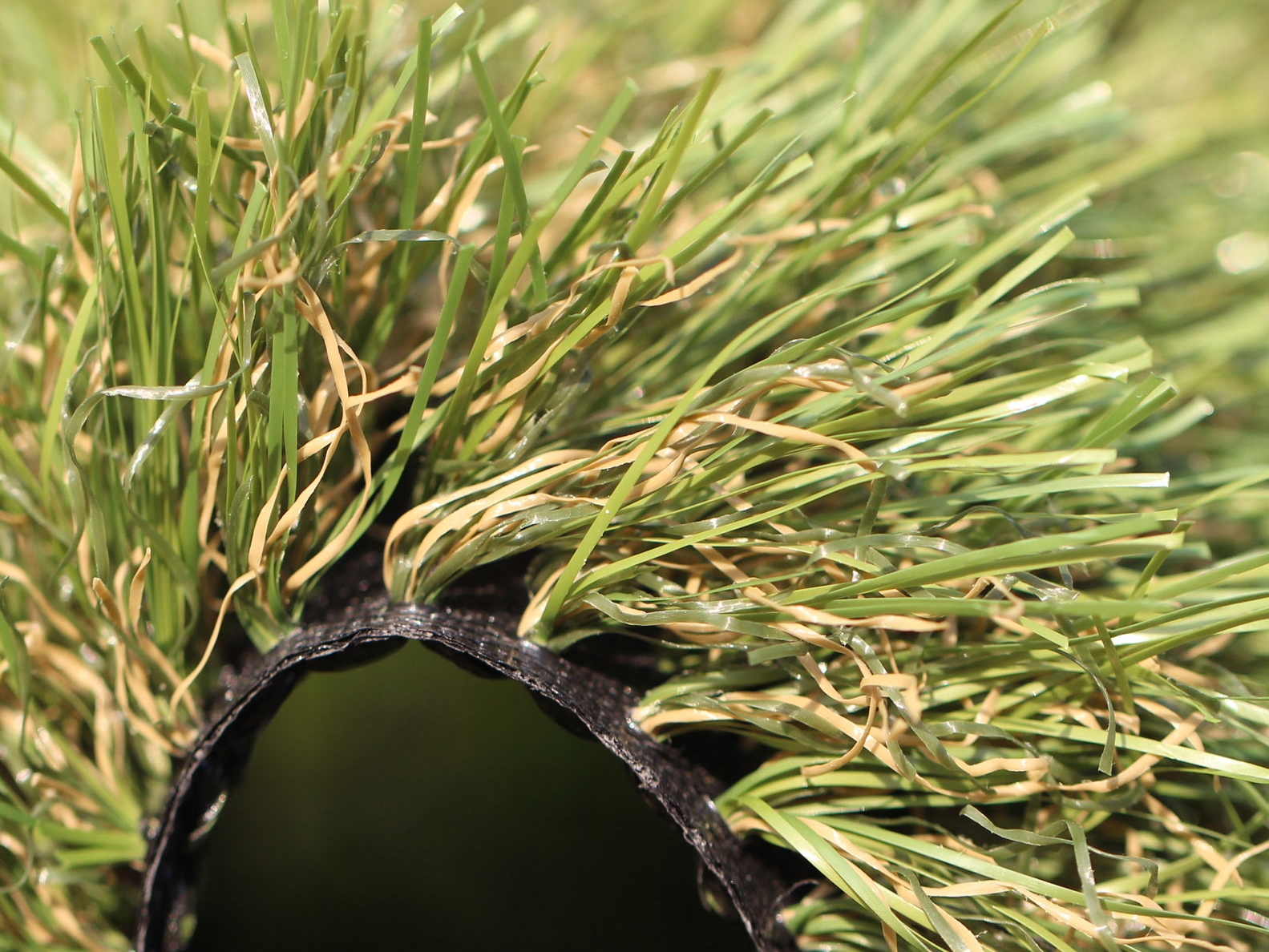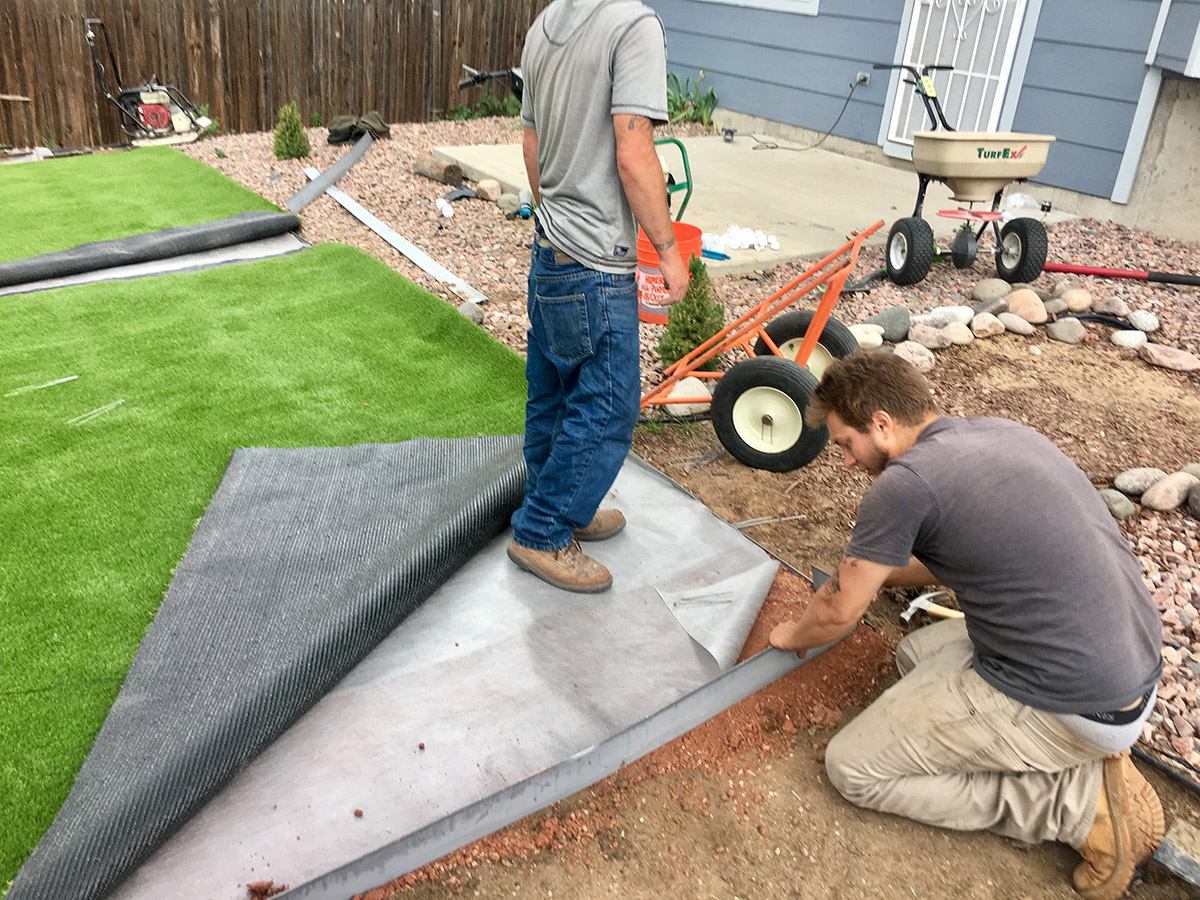Premium Arizona Turf Solutions for a Stunning and Green Landscape
Premium Arizona Turf Solutions for a Stunning and Green Landscape
Blog Article
Delve Into the Environmental Advantages of Opting for Synthetic Grass Solutions
The adoption of synthetic turf services presents an engaging opportunity to deal with pressing ecological challenges. By significantly reducing water usage and lessening the application of damaging chemicals, these options not only advertise lasting landscaping but additionally protect local communities. Furthermore, the lower carbon footprint connected with reduced maintenance activities adds to a much more sustainable strategy to land management. Nonetheless, the effects of these benefits expand beyond mere preservation efforts, elevating concerns about their long-term influence on habitat conservation and general ecological equilibrium. Discovering these dimensions discloses a complicated interaction worth thinking about.
Water Preservation Conveniences
One of the most significant advantages of synthetic turf is its ability to conserve water. In comparison, man-made turf does not need watering, considerably decreasing the total need for water sources.
By getting rid of the need for routine watering, artificial turf adds to sustainable landscape methods and aids mitigate the environmental influence of excessive water usage. The preservation of water extends to the decrease of drainage, which can lead to dirt disintegration and waterway contamination.
Furthermore, the installment of artificial grass enables districts and homeowners to allocate water sources more efficiently, focusing on necessary usages such as drinking water and agriculture. The shift towards synthetic grass not only promotes liable water use but also aligns with broader environmental goals focused on preserving all-natural resources.
As areas progressively focus on sustainability, the water conservation advantages of synthetic turf present an engaging case for its adoption in industrial and domestic landscaping projects.
Minimized Chemical Use
The change to synthetic grass significantly lowers the reliance on chemical treatments commonly used in all-natural lawn maintenance. Traditional grass monitoring commonly involves the application of herbicides, chemicals, and fertilizers to promote development and control parasites. These chemicals can posture dangers to human health, neighborhood wild animals, and the atmosphere, adding to dirt and water contamination.
On the other hand, synthetic grass removes the requirement for these harmful compounds. When set up, it needs marginal upkeep, largely consisting of regular cleansing and irregular infill replenishment. This decrease in chemical usage not just benefits the immediate setting but additionally adds to more comprehensive eco-friendly security. By reducing the launch of artificial compounds right into the ecological community, synthetic lawn promotes much healthier soil and water systems.
Additionally, the absence of chemical drainage related to artificial turf setups aids protect local waterways from contamination, supporting aquatic life and maintaining biodiversity. Artificial turf companies phoenix. As neighborhoods progressively prioritize sustainable methods, going with synthetic grass provides a feasible remedy that straightens with ecological preservation goals. Via this change, homeowner can appreciate lavish eco-friendly areas without jeopardizing ecological health, leading the way for an extra lasting future
Lower Carbon Impact

Additionally, the setup of synthetic grass can cause substantial water conservation. Natural yards require considerable amounts of water for watering, which not only includes to the carbon footprint connected with water extraction and therapy but likewise stress local water resources. On the other hand, synthetic lawn requires minimal maintenance, requiring no watering, consequently dramatically decreasing water usage and its connected power costs.
Furthermore, the durability of man-made lawn adds to its lower carbon influence. With a lifespan of up to 15 years or even more, the demand for constant substitutes is lessened, causing less waste and lower power consumption in production and throwing away typical yard choices. Overall, synthetic grass provides a sustainable choice for ecologically mindful landscaping.
Habitat Preservation
Habitat conservation is a crucial consideration in the argument over landscaping choices, specifically when contrasting artificial grass to natural yard. All-natural turf lawns commonly need comprehensive maintenance, including using herbicides, plant foods, this hyperlink and pesticides, which can detrimentally affect regional environments. These chemicals can leach right into the dirt and waterways, damaging indigenous plants and animals and interrupting local habitats.
On the other hand, synthetic grass provides a chance to decrease the eco-friendly Full Report footprint of landscape design. By choosing for synthetic yard, house owners can minimize the interruption of natural environments associated with typical lawn treatment methods. Fabricated turf removes the need for hazardous chemicals, therefore protecting close-by wild animals and maintaining the integrity of bordering communities. The setup of man-made lawn can lead to the conversion of previous yard locations into even more biodiverse landscapes, such as pollinator yards or indigenous plant areas, which can support regional wildlife.
Inevitably, the change to synthetic grass not only conserves water and lowers upkeep efforts but also promotes a much more harmonious relationship in between human activities and the native environment, promoting habitat conservation in the procedure.
Long-Term Sustainability
Lasting sustainability is a crucial consider examining the benefits of synthetic grass over conventional yard lawns. One of the most substantial benefits of synthetic grass is its resilience; it can last up to 15-20 years with very little maintenance, whereas natural yard needs frequent reseeding and substitute. This long life lowers the requirement for constant resources, such as water, plant foods, and chemicals, which are necessary for maintaining a healthy yard yard.
Furthermore, synthetic grass adds to a decrease in carbon emissions connected with lawn care tools. Typical lawns usually need gas-powered mowers, trimmers, and blowers, all of which add to air pollution. Arizona artificial turf. In contrast, man-made lawn eliminates the need for such devices, advertising a cleaner environment
Furthermore, the production of fabricated lawn increasingly utilizes recycled products, improving its sustainability account. As suppliers take on environment-friendly methods, the ecological impact of synthetic grass remains to decrease.

Verdict
The fostering see this here of synthetic grass solutions presents significant environmental advantages, consisting of considerable water conservation, minimized reliance on dangerous chemicals, and a lower carbon footprint. Moreover, man-made grass aids in maintaining all-natural environments by lessening land disturbance and promoting lasting sustainability via using resilient materials. Collectively, these elements underscore the possibility of synthetic turf to add positively to ecological health and offer a sensible option to conventional landscape design techniques in a significantly resource-conscious globe.
In contrast, man-made turf does not need watering, substantially decreasing the overall need for water sources. By decreasing the release of artificial compounds into the ecological community, man-made turf promotes much healthier dirt and water systems.
In addition, the setup of artificial grass can result in significant water conservation. In comparison, fabricated lawn needs marginal maintenance, needing no watering, therefore substantially minimizing water use and its connected power expenses.

Report this page